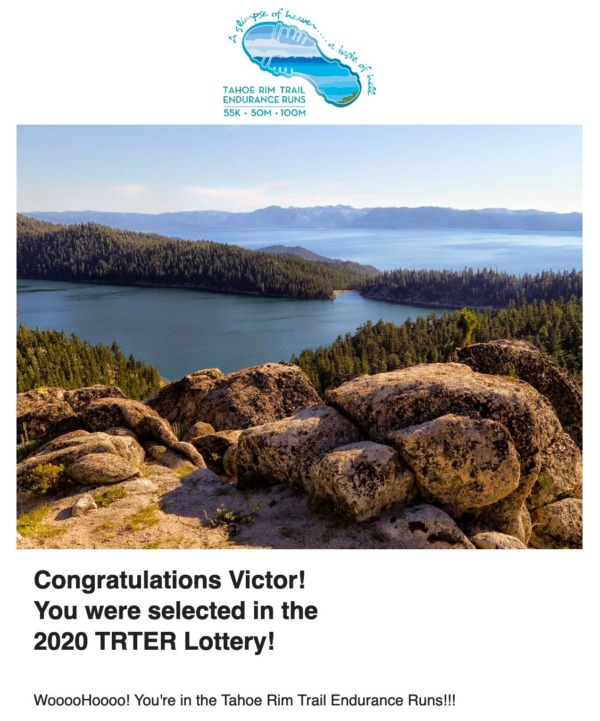Since my first van project post a few days ago, I’ve gotten various comments, questions, and feedback about my planned endeavor. I’ve also continued doing more research so I now have more thoughts to add as well. Here’s a snapshot of what’s on my mind now.
- ELECTRICAL SAFETY. The van’s current electrical setup is fairly barebones. No fuse box, no circuit breakers, no switches (emergency or otherwise!). In terms of bodily injury, the low voltage (12V) of most of the system is a (weak) failsafe. But in terms of equipment protection and more importantly, fire risk, the increased amperage of my planned setup (relative to what’s already in place) calls for more protection. The timing isn’t ideal, but I’m doing much more research into how to implement such protection (which will likely be in the form of more fuses and/or monitoring devices). At the minimum, almost everyone who’s done something like this in the past has recommended that I bring a fire extinguisher along.
- SOLAR. I’m almost certainly going to go with a flexible roof-mounted solar kit now. Flexible panels means I won’t have to drill (versus rigid panels would) and hopefully easier installation. Roof-mounted means I’ll be able to install more panels, and be less susceptible to theft (I hope?) compared to panels which I’d just lay out on the ground. And a kit means that I won’t have to source every individual part.
The tradeoffs I’ve seen so far include (1) flexible panels are less available and pricier, (2) roof-mounted is more permanent and requires more protection from the elements than portable panels, and (3) kits are similar to pre-made computers where you get convenience and (hopefully) guaranteed interoperability across all components but not necessarily the best components themselves. - WATER. Compared to electrical, water is easier. But now there seem to be more “pieces,” e.g. fittings, barbs, clamps, switches, fill dish, venting, hoses, etc. I’m also slightly concerned about leaks and water sploshing about while driving. I’m wondering if I can just plug all the fittings while I drive to provide water from spilling. The downside is that I’ll have to remember to do this every time before I drive.
- WATER HEATING. In my initial plan, I wanted to use a tankless propane water heater, mostly because (1) propane heats water more efficiently than electricity, and (2) I want to minimize any water waste. But I’ve realized after some research how _dangerous_ propane can be. It can leak and kill me in my sleep, if I don’t (1) seal it in a locker, (2) have some kind of outside venting, and (3) ideally have some kind of alarm. I may have to worry about tank pressure going up and down mountains (i.e. altitude change). I’ll definitely have to secure it somehow so it (it being a 20-pound steel propane cylinder) doesn’t get tossed around while I drive.
Worse, propane doesn’t even seem to work reliably at altitudes over 2000 feet. By the time I get to my first race, at Bryce Canyon, I’ll be at 6500 to 8500ft. And I expect to stay above 2000ft for almost the entirety of my trip. So with water heating being my own use case for propane, it seems that I’ll have to live with using an electrical water heater.
That said, if I’m only taking 2-minute showers, I don’t want to wait for hot water after turning on the shower. This means that I have to choose a water heater with a tank, with two smallest common sizes being 2.5 and 4 gallons (I’ll likely go with 2.5 gallons).
At this time, using a tanked electric water heater will likely be my final choice. Surprisingly, it might be most convenient to install too. Other than putting another major power draw from my electrical system, I had assumed that I’d need to install amp breakers and 240VAC support. But it turns out that the smallest heaters have standard 120VAC plugs. If they work, then my setup will be a lot simpler than I originally feared! - ELECTRIC WATER HEATING. On an aside, I thought about using an electric water heater for making hot water to drink too. But upon further reading, it seems that metals from the heating anode leaches into the water (making it brown for a non-trivial number of people), especially as it gets older (apparently the anode needs to be replaced at least once a year). In any case, most electric water heaters require at least 1440W of AC power. My coffee maker uses 1300W. And most electric water kettles on the market use 1500W. So it looks like I’ll have to get a 2000W inverter.
- SHORE POWER. With my increased power consumption, I pretty much have to get a shore power charger to hook up to outlets at RV campsites. The AGM battery that came with the van can take up to 30 amps max current. I still need to research what my LiFePO4 battery will take. In the end, I’ll likely get either a 50A or 30A charger with a 15A adapter (for ordinary household outlets).
- RV CAMPSITES. On the note about household outlets only providing 15A, and with mostly campgrounds and RV sites along my current planned route, I’m almost certainly going to need to reserve spots at RV campsites. I’ve never done this before, so I’m doing research now.
Amusingly, the most frequent posts I’m seeing — and posts most aligned use case to mine — come from EV (and most often Tesla) owners. Neither EVs nor I are actual RVs or trailers. But we still want fast charging. For instance, with 300A of capacity, I would prefer to not wait at least 20 hours for a full charge from a 15A household outlet (at least 20 hours because batteries close to full state-of-charge stop taking as much current, and because I’m likely to use the battery at the same time). - AIR QUALITY. Aside from electrical safety, I’ve also gotten a couple comments about air quality — neither motivated by my “air quality sensor” project comments from before, haha.
One concerned propane. But since I’m no longer considering a propane system, I no longer have to worry about gas leaks.
The other concerned wildfire smoke. While I certainly hope that “wildfire season” won’t start until after August (when my trip is planned to conclude), there’s a distinct possibility, especially with this year’s increasingly-severe drought conditions, that it will. I’ll be bringing a few N95 masks. I may also bring my air purifier. The trade-off, of course, is yet another large power draw. - WATER QUALITY. I’m not as concerned about water quality, since I hope that water coming from taps anywhere in the US is potable. That said, I guess it is in fact a concern in the sense that (1) I’ll bring a water filter pitcher for water I’ll personally drink and cook with, and (2) I may have to accept that hard water (i.e. water with high mineral content) might reduce the lifespan of my water pump, water heater, and possibly even the water tank (if deposits form that I can’t adequately remove).
- ENTERTAINMENT AND MAPPING. Finally, I’ve given more thought as to what I might do in my downtime, meaning time when I’m too sore to run or hike, and too tired to work. For the most part, I almost certainly going to be spending a lot of time walking around to check out random places. I also expect to read a lot more. But I also expect to have intermittent and/or weak signal. This means that I may need to spend more time listing out all possible places to see, and preparing a lot of downloaded books and/or physical books (to conserve power). This exercise is fun, but I also can’t shake the feeling that I might end up adjusting my route significantly when I’m on the road (meaning that much of this planning might go to “waste.”)
And that’s it! Other than this, I have an additional non-work-related project: moving. I’ve realized that I’m almost certainly not going to be able to move everything in my apartment to my new house in time, before I hit the road. So I’m going to have to rent storage. I’ve never done this before, so it’s yet another new experience. Yay!
Fin.



4 Comments
This is awesome. I see that this has not been updated in awhile. Have you continued to mod this rig and are you traveling in it? We are looking to get into van life and would love your sage advice.